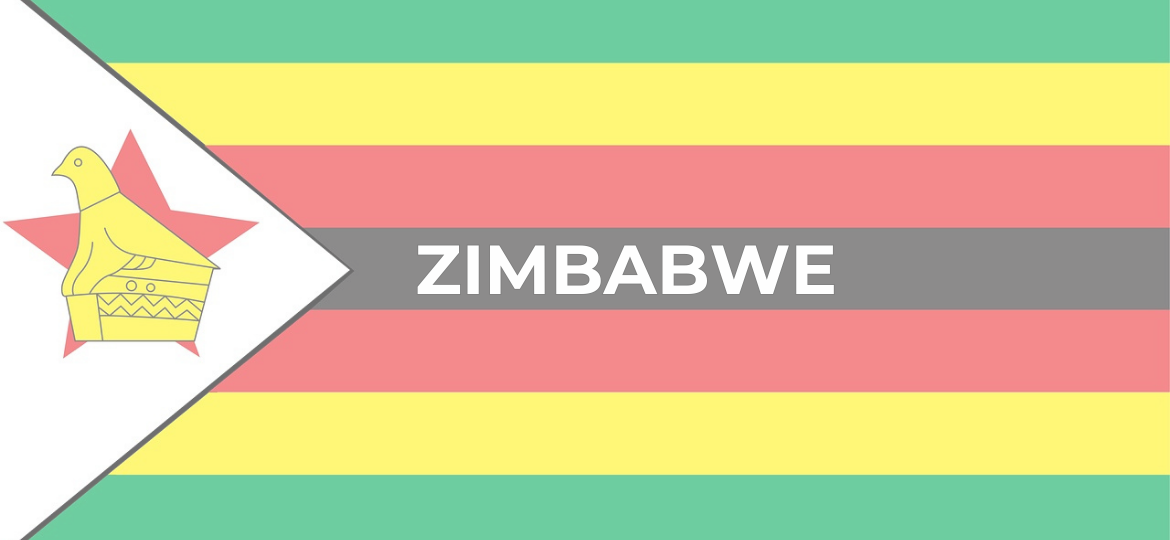
ProtectDefenders.eu has received worrying information concerning the ongoing closure of the civic space in Zimbabwe, weeks before the presidential and parliamentary election on August 23, 2023.
Obey Shava is a human rights lawyer, co-founder of Shava Law Chambers (Rights and Business Centre) and a member of Zimbabwe Lawyers for Human Rights (ZLHR). The human rights lawyer advocates for justice and equality and has defended opposition political party activists.
On 5 July 2023, Obey Shava received calls from people pretending to be potential clients requesting legal assistance and asking to urgently meet him in person. The human rights defender was lured to Belvedere, Harare, to meet this potential client, but he was met by four unidentified men in two vehicles. Obey Shava was violently attacked and beaten by these men, sustaining serious injuries which led to him being hospitalised. Obey Shava was representing Zimbabwe’s opposition party, Citizens’ Coalition for Change, who are facing charges of crimes against the state. On 4 July 2023, two of the activists represented by Obey Shava were acquitted.
The upcoming elections in August 2023 in Zimbabwe have contributed to a further closing of civic space in Zimbabwe, with some human rights defenders and political opposition members currently in detention. The situation in the country is tense and is making the work of human rights defenders more difficult and unsafe.
Furthermore, just two months before the elections, the Parliament in Zimbabwe passed a draconian new bill – called the Criminal Law (Codification and Reform) Amendment Bill, or Patriot Bill for short. This “sovereignty and national interest” law poses a major threat to journalism and freedom of expression. Clause 2 of this loosely worded bill provides for a death sentence or life imprisonment for anyone “wilfully injuring the sovereignty and national interest of Zimbabwe” by attending a meeting when they have “reason to believe” that its aim is “to consider or plan armed intervention.”
If the meeting’s aim is « to subvert or overthrow the government, » participants will face up to 20 years in prison. If sanctions or a commercial boycott of Zimbabwe are discussed, they could get a ten-year sentence.
Zimbabwe ranks 126/180 on RSF’s world press freedom ranking. Zimbabwe’s legislation continues to impose heavy restrictions on its media. Some draconian laws were repealed but were replaced by others that are just as harsh and still limit journalistic freedom. To avoid reprisals, journalists routinely censor themselves.


